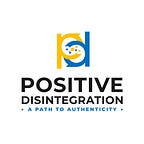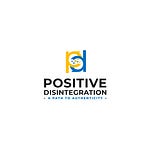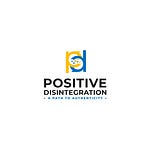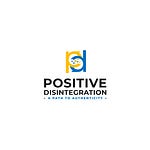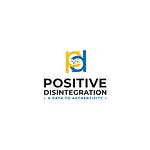In episode 55, Chris and Emma talked with Kaitlin Smith, a Boston-based scholar, facilitator, and founder of Our Wild Minds, which offers online community and programs that help gifted BIPOC unleash their natural gifts. Kaitlin is also a PhD student at Harvard in History of Science where her research interrogates the history of mind sciences and intersections with African American Studies.
Kaitlin shared how her personal experiences and challenges led her to explore Dabrowski's theory of positive disintegration and its relevance to her life and studies. She discussed the complexities of being gifted within the context of racial and cultural identities. She reflected on the challenges faced in her journey, including her experiences with racism and stereotyping within academia as a social work student and therapist-in-training.
Kaitlin detailed the creation and mission of Our Wild Minds, a program designed to support gifted BIPOC individuals in unleashing their natural gifts. She outlined the various components of the community and the WildMinder Journey, which includes introspection, connection, learning, manifestation, and giving back.
We learned about Kaitlin’s online course, Black Brilliance Circle, which serves as a space for gifted Black adults to explore their identities, challenges, and potential. She discusses the richness of bringing together individuals from diverse backgrounds and the power of community in fostering growth and understanding.
Our conversation delved into the idea of “Decolonizing Giftedness.” We discussed the importance of addressing the roots of gifted education, as well as challenging and dismantling the biases and assumptions that have historically shaped the field. Kaitlin emphasized embracing complexity and intersectionality in understanding and supporting gifted individuals.
We explored the concept of positive maladjustment and its relevance to navigating and challenging oppressive systems. We discussed the importance of self-reflection, learning, and unlearning as crucial tools for both personal growth and societal transformation.
The episode concluded with reflections on the importance of lifting others as we climb, and the transformative potential of engaging in deep, meaningful conversations across differences. We are grateful for Kaitlin’s willingness to share her journey and insights with our audience.
The quotes Chris mentioned by Dr. Ibram X. Kendi:
“The only way to undo racism is to consistently identify and describe it and then dismantle it. The attempt to turn this usefully descriptive term racist into an almost unusable slur is, of course, designed to do the opposite, to freeze us into inaction.”
And
"Like fighting an addiction, being an antiracist requires persistent self-awareness, constant self-criticism, and regular self-examination."
Resources from this episode
Kaitlin’s website Our Wild Minds
How to Be an Antiracist by Dr. Ibram X. Kendi
Connect with us
Positive Disintegration on Substack
Visit the Dabrowski Center website
The Positive Disintegration YouTube Channel
Adults with Overexcitabilities group on Facebook
The Tragic Gift blog by Emma
Email us at positivedisintegration.pod@gmail.com
Please consider supporting the podcast to help fund this work through the Dabrowski Center, a 501(c)(3) nonprofit organization.
Find Positive Disintegration Merch
If you enjoyed this episode on Apple or Spotify, please remember to click on the stars and leave a rating or write a review. Thank you!


